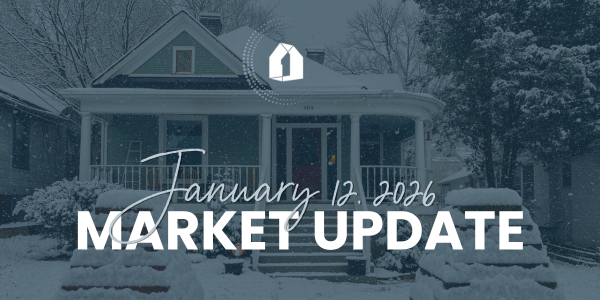Rent in Great Britain came to £1,204 in October, the first time it has passed £1,200 in the records kept by Hamptons.
This is a 7.1% rise annually, meaning renters are now paying £960 more per year than they did in 2021.
And Hamptons says that, since January 2020, when Covid was first detected in the UK, rent has gone up 19% across Great Britain – an extra £2,351 a year. This is higher growth than the eight years prior to that date.
On average, households that rent on the private market have to earmark 44% of their post-tax income for rent, up from just over 39% in 2012.
The South West has seen the fastest growth since January 2020, posting rent gains of 32%, followed by the North, at 27%. In contrast, inner London has seen rent increases of 9% over the same time period, and Wales, 14%.
In absolute prices, however, inner London tops the renting table, with the average monthly rate in October 2022 coming to £2,863.
The lowest rent prices can be found In Wales, where the average property commands a rental bill of £756 per month.
Hamptons does point out that the speed of rental growth overall has slowed down, coming some way off the 11.5% rise seen in May this year.
In addition, stock levels grew 15% in October – the second month in a row that they have risen. This is set against a background of record level stock, however.
Hamptons head of research Aneisha Beveridge comments: “Strong rental growth has pushed average rents into another £100 price bracket for the third time in just over two years.
However, the good news for tenants is that rental growth has slowed from its summer double-digit peak and looks likely to settle around the 5-6% mark by the end of the year.
“While the risks are mounting for future house price growth, these same risks are likely to bolster rental growth in the short term. High mortgage rates will keep more would-be buyers in the rental market for longer, which is partly why demand is up 5% on last year’s record levels.
“The cost of servicing a 90% LTV mortgage has risen 65% over the last year, meaning tenants are now spending a similar proportion of their income on rent (44%) as they would on a mortgage (36%).
“Landlords’ costs are also rising, which they’ll likely seek to pass onto tenants in the form of higher rents or sell up if they are unable to cover costs. This is why we think rents are still likely to rise 5.0% in 2023.”
Original Article






